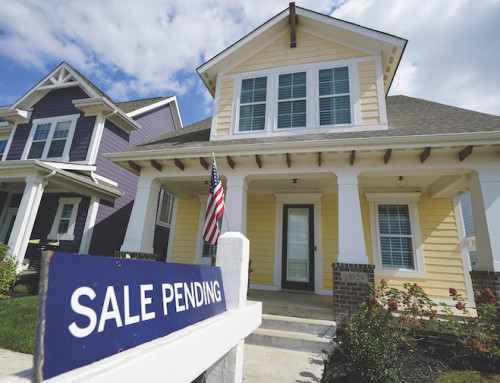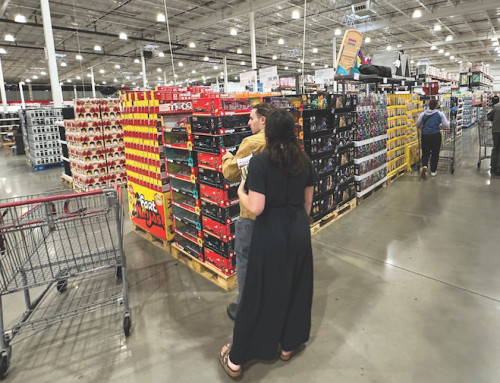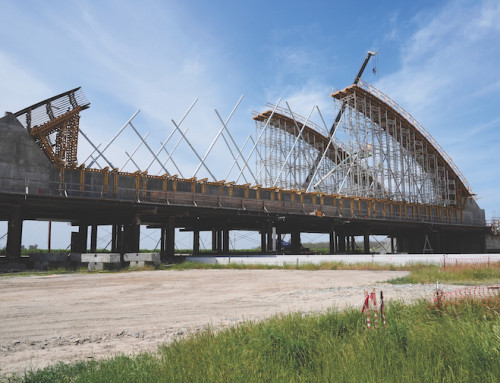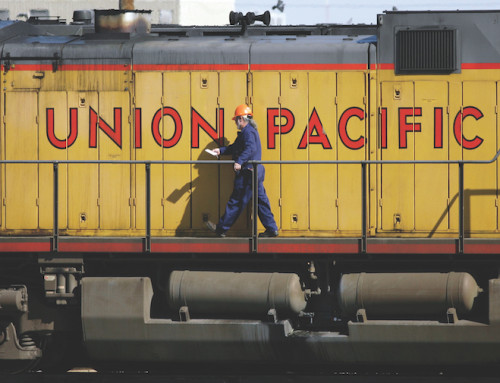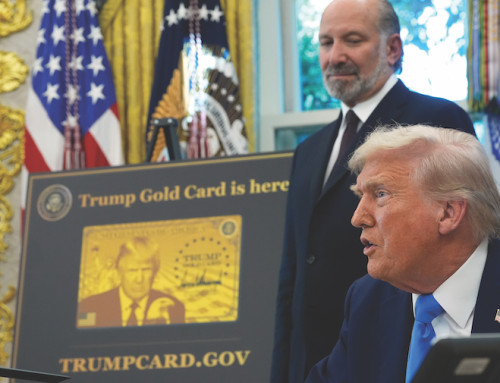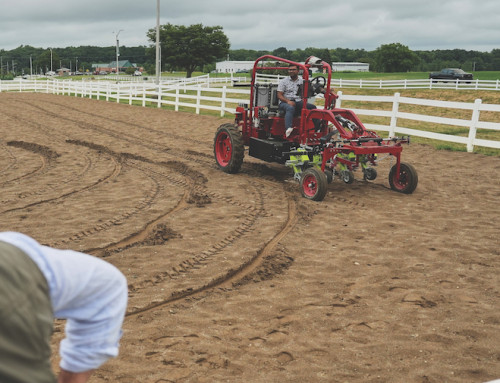WASHINGTON (AP) — President Donald Trump said last week he will put import taxes of 100 percent on pharmaceutical drugs, 50 percent on kitchen cabinets and bathroom vanities, 30 percent on upholstered furniture and 25 percent on heavy trucks starting on Wednesday.
While Trump did not provide a legal justification for the tariffs, he stated on Truth Social that the taxes on imported kitchen cabinets and sofas were needed “for National Security and other reasons.”
Under the Trade Expansion Act of 1962, the administration launched a Section 232 investigation in April about the impacts on national security from pharmaceutical drug and truck imports. The Commerce Department launched a 232 investigation into timber and lumber in March, though it’s unclear whether the furniture tariffs stem from that.
Trump said on Truth Social that the pharmaceutical tariffs would not apply to companies that are building manufacturing plants in the United States, which he defined as either “breaking ground” or being “under construction.” It was unclear how the tariffs would apply to companies that already have factories in the United States.
In 2024, America imported nearly $233 billion in pharmaceutical and medicinal products, according to the Census Bureau.
The pharmaceutical drug announcement was notable as Trump has previously suggested that tariffs would be phased in over time so that companies had time to build factories and relocate production. On CNBC in August, Trump said he would start by charging a “small tariff” on pharmaceuticals and raise the rate over a year or more to 150 percent and even 250 percent.
According to the White House, the threat of tariffs earlier this year contributed to many major pharmaceutical companies, including Johnson & Johnson, AstraZeneca, Roche, Bristol Myers Squibb and Eli Lilly, among others, to announce investments in U.S. production.
Pascal Chan, vice president for strategic policy and supply chains at the Canadian Chamber of Commerce, warned that the tariffs could harm Americans’ health with “immediate price hikes, strained insurance systems, hospital shortages, and the real risk of patients rationing or foregoing essential medicines.”
The new tariffs on cabinetry could further increase the costs for homebuilders at a time when many people seeking to buy a house feel priced out by the mix of housing shortages and high mortgage rates.
The National Association of Realtors said there were signs of price pressures easing as sales listings increased 11.7 percent in August from a year ago, but the median price for an existing home was $422,600.
Trump said that foreign-made heavy trucks and parts are hurting domestic producers that need to be defended.
“Large Truck Company Manufacturers, such as Peterbilt, Kenworth, Freightliner, Mack Trucks, and others, will be protected from the onslaught of outside interruptions,” Trump posted.



